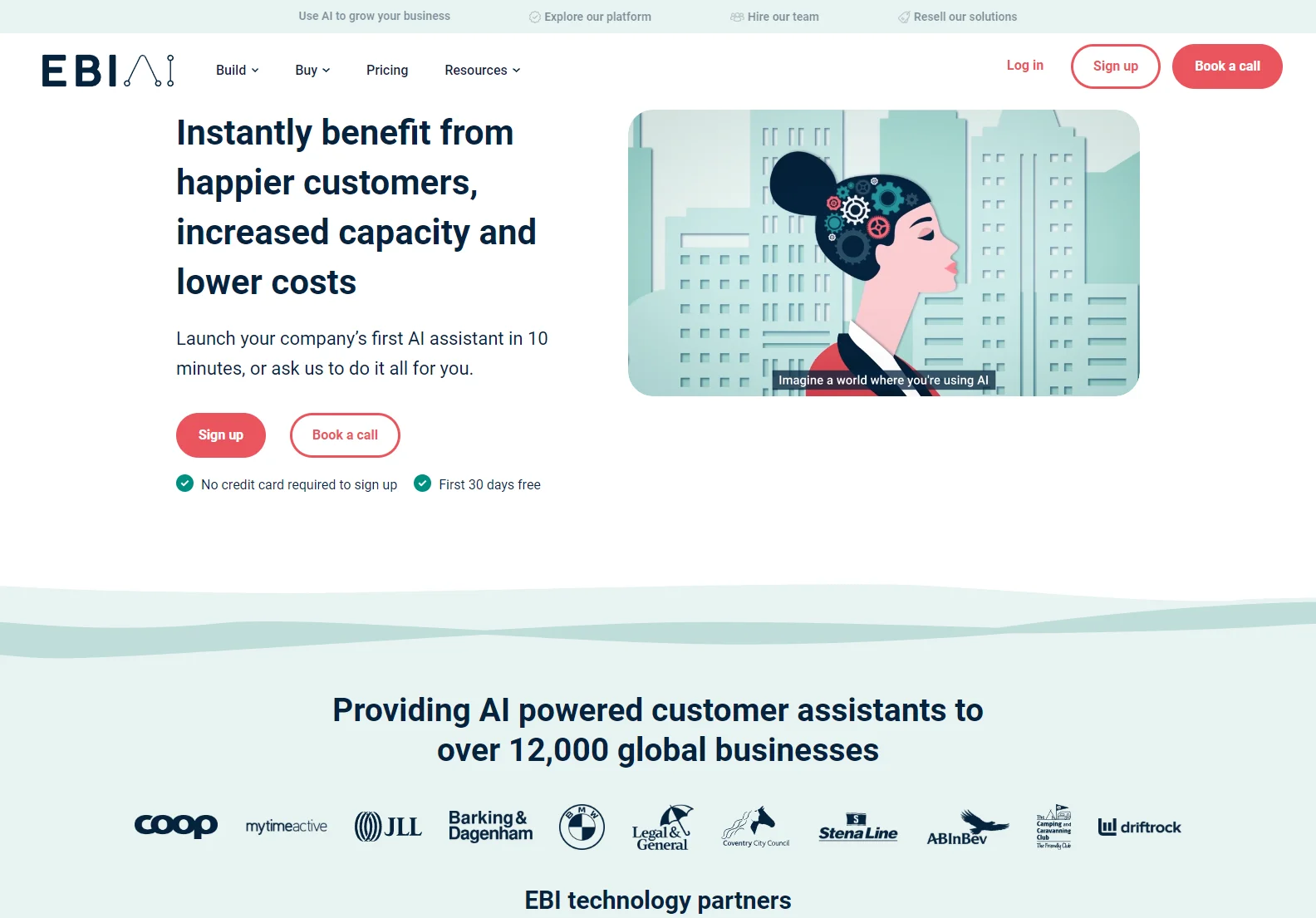Using an AI Assistant: Happier Customers and Lower Costs
In today's fast-paced business environment, providing exceptional customer service is paramount. However, managing high call volumes and email inquiries can be costly and time-consuming. This is where AI-powered customer assistants step in, offering a revolutionary solution to enhance customer satisfaction while significantly reducing operational costs.
What is an AI Customer Assistant?
An AI customer assistant is a sophisticated software application that leverages artificial intelligence and natural language processing (NLP) to understand and respond to customer queries. These assistants can handle a wide range of tasks, from answering frequently asked questions to resolving complex issues, freeing up human agents to focus on more demanding tasks.
Key Benefits of Implementing an AI Customer Assistant
- Increased Customer Satisfaction: AI assistants provide instant responses, reducing customer wait times and improving overall satisfaction. Their 24/7 availability ensures customers receive support whenever they need it.
- Reduced Operational Costs: By automating routine tasks, AI assistants significantly reduce the workload on human agents, leading to lower labor costs and improved efficiency. They can handle a high volume of inquiries simultaneously, maximizing resource utilization.
- Improved Efficiency and Productivity: AI assistants streamline customer service processes, allowing human agents to focus on more complex issues that require human intervention. This boosts overall team productivity and efficiency.
- Enhanced Scalability: AI assistants can easily scale to handle increasing customer volumes without requiring additional staffing, making them ideal for businesses experiencing rapid growth.
- Data-Driven Insights: AI assistants collect valuable data on customer interactions, providing insights into customer preferences, pain points, and areas for improvement. This data can be used to optimize business strategies and enhance customer experiences.
Real-World Examples and Comparisons
Many businesses across various sectors have successfully implemented AI customer assistants, achieving significant improvements in customer satisfaction and cost reduction. For example, a retail company might use an AI assistant to handle order tracking and shipping inquiries, freeing up human agents to address more complex issues such as returns or refunds. A financial institution might utilize an AI assistant to answer frequently asked questions about account balances and transactions, reducing the burden on call center agents.
Compared to traditional customer service methods, AI assistants offer a significant advantage in terms of cost-effectiveness and scalability. While traditional methods rely heavily on human agents, AI assistants can handle a much larger volume of inquiries with minimal human intervention, resulting in significant cost savings.
Choosing the Right AI Customer Assistant
Selecting the right AI customer assistant depends on several factors, including the size of your business, the complexity of your customer interactions, and your budget. Consider factors such as ease of integration with existing systems, the level of customization available, and the provider's reputation and support.
Conclusion
AI-powered customer assistants are transforming the customer service landscape, offering businesses a powerful tool to enhance customer satisfaction and reduce operational costs. By automating routine tasks and providing instant support, AI assistants empower businesses to deliver exceptional customer experiences while maximizing efficiency and profitability.

